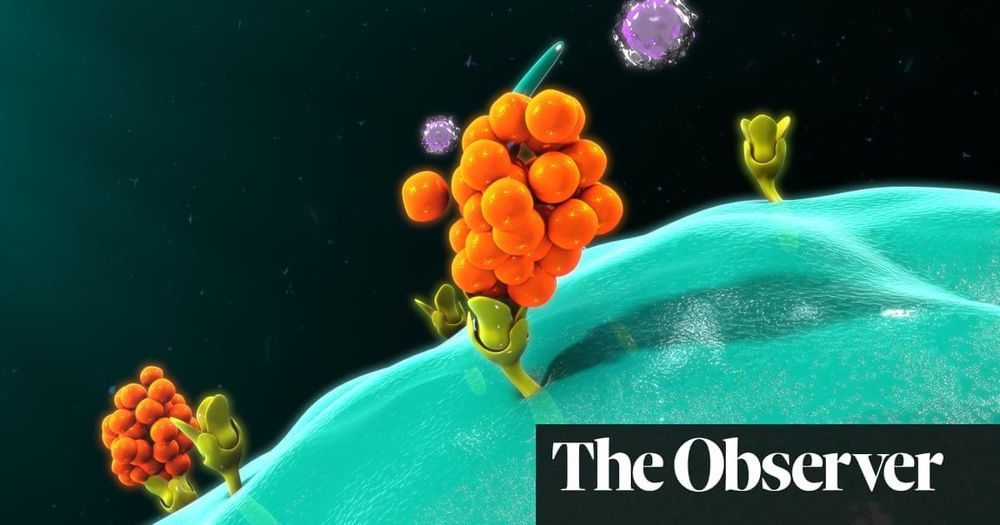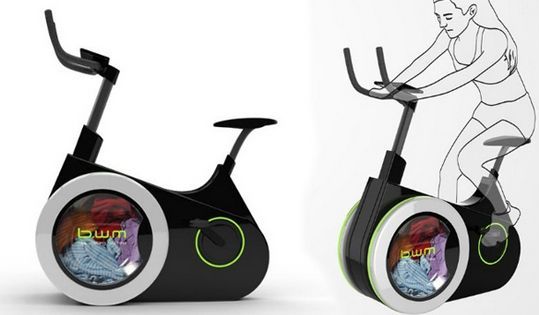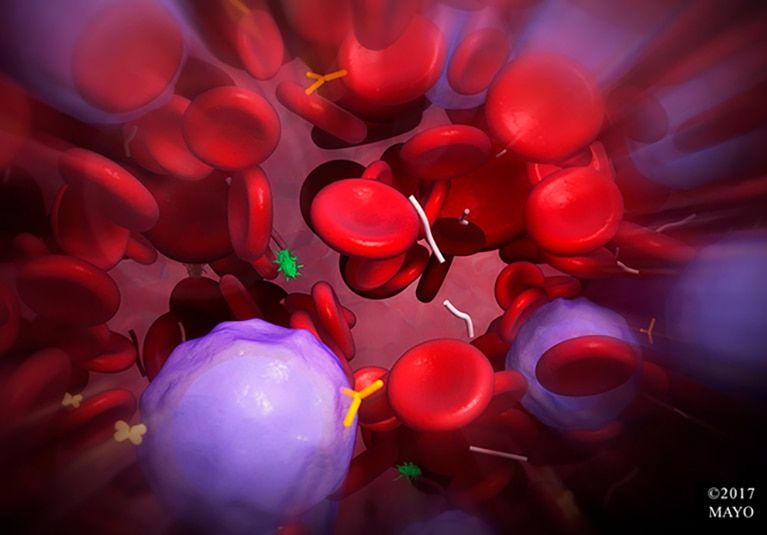In Japan people can expect to live beyond 84 years on average—yet in Lesotho life expectancy is just 53 years. The age at which people die still depends a lot on where they live.
Get the latest international news and world events from around the world.



Xenon gas revealed to offer long-term protection following traumatic brain injury
A new study has affirmed the anesthetic drug xenon can help prevent long-term damage associated with traumatic brain injury (TBI). The researchers, from Imperial College London and Johannes Gutenberg University Mainz, have effectively demonstrated in mice that if xenon is administered within a few hours of a TBI it can prevent brain tissue damage that would result in long-term cognitive problems.


Exercise And Wash Laundry With This Eco-Friendly Washer-Bike!
Finding the time to exercise when you’ve got heaps of housework – and laundry – piling up can be difficult, but this piece of gym kit means you’ve got no excuse!
The Bike Washing Machine is a human-powered washing machine that encourages you to multitask and conserve water while boosting your fitness in a fun, efficient way.
A generator inside the bike also creates electricity which can be stored for future use.

Stem cell therapy for graft dysfunction in lung transplant
Mayo Clinic researchers have demonstrated the safety and feasibility of stem cell therapy for lung transplant recipients with moderate obstructive chronic lung allograft dysfunction (CLAD). A larger clinical study is planned, which might eventually yield regenerative-medicine options for managing acute or chronic CLAD.
“The primary purpose is to improve lung function, or at least arrest the rate of decline in lung function, in transplant patients with progressive obstructive disease that is refractory to medical therapy,” says Cesar A. Keller, M.D., emeritus professor at Mayo Clinic in Jacksonville, Florida.
Although lung transplantation is a life-saving treatment option, chronic rejection is considerably more common than in other solid organ transplants, due to the lungs’ continuous exposure to environmental factors. Within five years of lung transplant, 45 percent of recipients develop obstructive CLAD, also known as bronchiolitis obliterans syndrome (BOS) — which has an associated mortality rate ranging from 25 percent to 56 percent. There is no standardized therapeutic protocol for BOS, and the existing therapies have had variable success.


